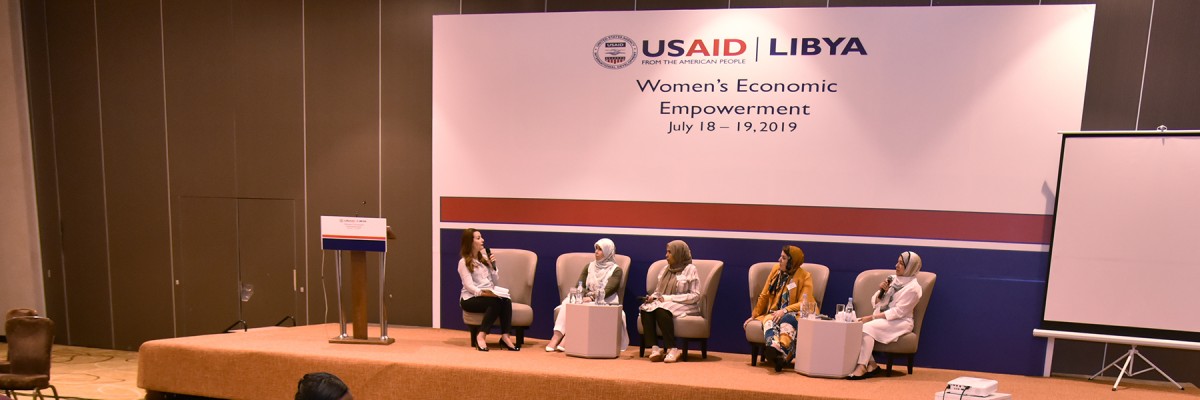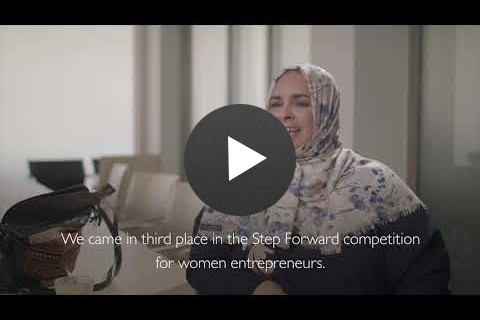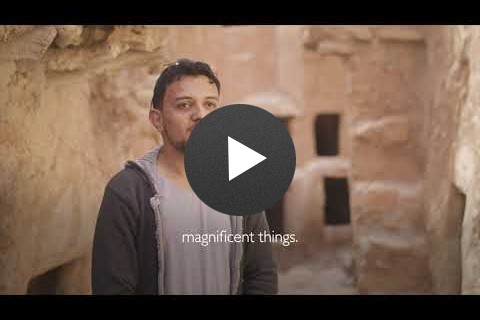About Libya
Stay Connected: 

Libya has a substantial natural resource base, abundant human capital, and access to potentially lucrative trade routes, but lack of national cohesion and purpose impedes its movement along the path to self-reliance. The ongoing military stalemate risks plunging Libya into a prolonged civil conflict. Without greater stability in the security environment, economy, and civic life, Libyans will fail to reap the benefits of a transition to democracy and face further obstacles to trade and investment.
The United States Agency for International Development’s (USAID) approach in Libya focuses on advancing stability and self-reliance by partnering with governmental institutions, civil society, the private sector and other actors essential to Libya’s near-term stability and long-term development. Development assistance supports the journey to self-reliance by strengthening representative political processes, improving the business enabling environment, broadening employment opportunities, enhancing the government’s capacity to deliver essential services, and enhancing the ability of communities to address drivers of instability and conflict.








Comment
Make a general inquiry or suggest an improvement.